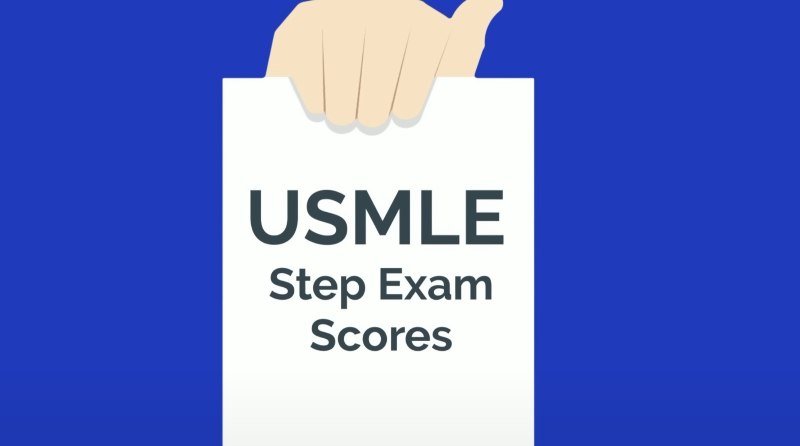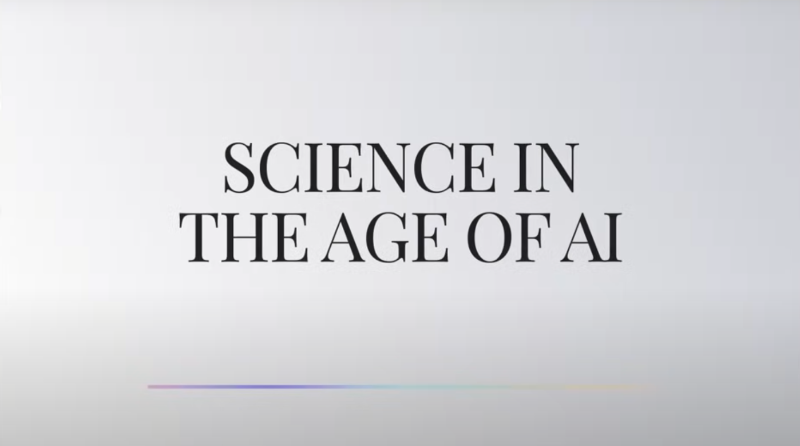
Keyword:sleeve gastrectomy;neoadjuvant;NSCLC;TLR7;Long Covid;thromboinflammation;MRE11
Lancet:
1.Long-term effect of sleeve gastrectomy vs Roux-en-Y gastric bypass in people living with severe obesity: a phase III multicentre randomised controlled trial (SleeveBypass)
Sleeve gastrectomy is the most commonly performed metabolic surgery globally, but there is no definitive evidence establishing its long-term clinical comparability with Roux-en-Y gastric bypass. This paper presents findings from a phase III multicenter randomized controlled trial, aiming to determine their equivalent long-term weight loss effects. The randomized trial, conducted between 2012 and 2017 in two bariatric centers in the Netherlands, involved 628 eligible metabolic surgery patients randomly assigned to undergo either sleeve gastrectomy or Roux-en-Y. In comparison, Roux-en-Y gastric bypass showed a higher rate of improvement in lipid abnormalities and a greater prevalence of minor complications. Conversely, sleeve gastrectomy exhibited a higher incidence of newly developed gastroesophageal reflux disease postoperatively. No statistically significant differences were observed between the two procedures in terms of major complications and health-related quality of life.
DOI:https://doi.org/10.1016/j.lanepe.2024.10083
https://www.thelancet.com/journals/lanepe/article/PIIS2666-7762(24)00002-4/fulltext

2.Efficiency and safety of neoadjuvant PD-1 inhibitor (sintilimab) combined with chemotherapy in potentially resectable stage IIIA/IIIB non-small cell lung cancer: Neo-Pre-IC, a single-arm phase 2 trial
Information on the effectiveness of neoadjuvant immunotherapy for locally advanced (IIIA/IIIB) potentially resectable non-small cell lung cancer (NSCLC) is limited.This paper reports the results of a single-arm phase II clinical trial aimed at assessing the efficiency and safety of neoadjuvant immunotherapy. The trial was conducted at the First Hospital of Jilin University and included a total of 50 patients, with 30 receiving neoadjuvant immunotherapy and 20 undergoing complete resection surgery. The trial results suggest that neoadjuvant immunotherapy significantly improves the pathological response rate and two-year disease-free survival rate in patients with potentially resectable IIIA/IIIB NSCLC.
DOI:https://doi.org/10.1016/j.eclinm.2024.102422
https://www.thelancet.com/journals/eclinm/article/PIIS2589-5370(24)00001-4/fulltext

Science:
3.Disrupted degradative sorting of TLR7 is associated with human lupus
Overactive TLR7 signaling has long been considered a driving factor in autoimmune diseases in murine models. However, recent research indicates that gain-of-function mutations in TLR7 serve as a monogenic cause for human lupus. The findings of this paper underscore the significance of an intact endosomal system in preventing pathological TLR7 signaling and autoimmune diseases.
DOI: 10.1126/sciimmunol.adi9575
https://www.science.org/doi/10.1126/sciimmunol.adi9575

4.Persistent complement dysregulation with signs of thromboinflammation in active Long Covid
Acute infection with Severe Acute Respiratory Syndrome Coronavirus 2 (SARS-CoV-2) can lead to a variety of clinical manifestations, ranging from severe to life-threatening conditions. Approximately 5% of infected individuals do not recover from the acute illness and develop long-term complications, termed Long Covid. Currently, there are no specific diagnostic tests or treatment solutions for affected patients. This paper presents a year-long follow-up study involving 39 healthy control subjects and 113 COVID-19 patients. Follow-up results indicate that active Long Covid is associated with blood protein characteristics marked by complement activation and increased thromboinflammation, including activated platelets and markers of red blood cell lysis.
DOI: 10.1126/science.adg7942
https://www.science.org/doi/10.1126/science.adg7942


Nature:
5.MRE11 liberates cGAS from nucleosome sequestration during tumorigenesis
Clinical invasive cancers often exhibit tolerance to chronically increasing DNA damage, indicating disruptions in physiological DNA damage response (DDR) pathways. This paper, through cell experiments and other methods, reveals an unexpected role of MRE11 as a direct stimulator of cancer-induced DNA damage-dependent cGAS-dependent innate immune activation. Functional impairment of MRE11 leads to DNA damage tolerance, immune suppression, and accelerated tumorigenesis. Through experimental evidence and literature reviews, the authors establish MRE11 as a crucial mediator in response to various forms of DNA damage, triggering cGAS activation.
DOI: https://doi.org/10.1038/s41586-023-06889-6
https://www.nature.com/articles/s41586-023-06889-6#Sec2









Post comments